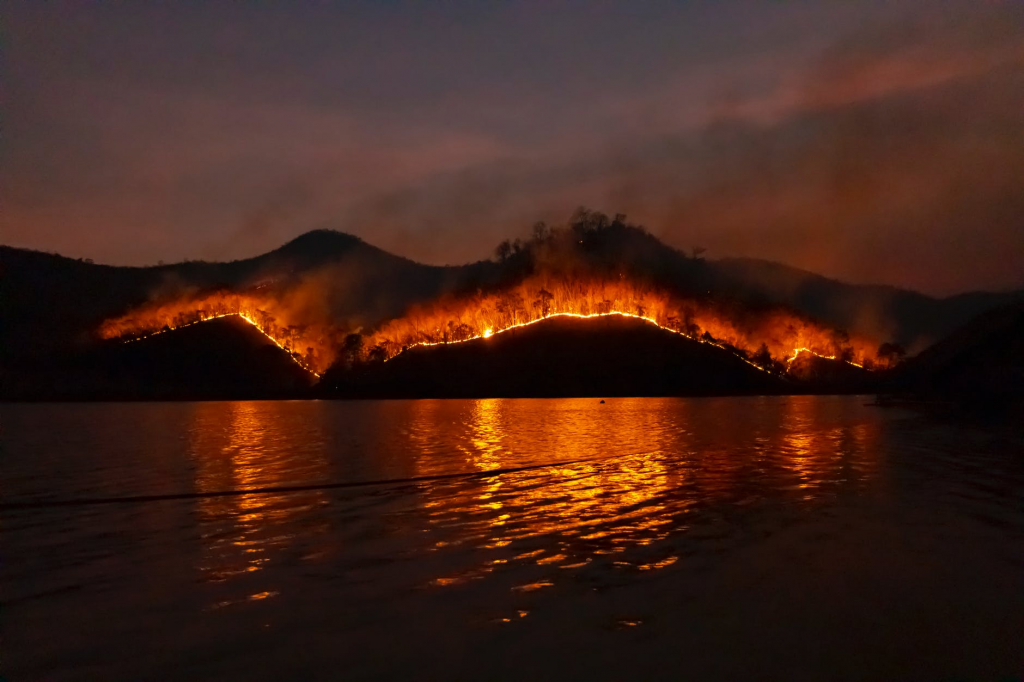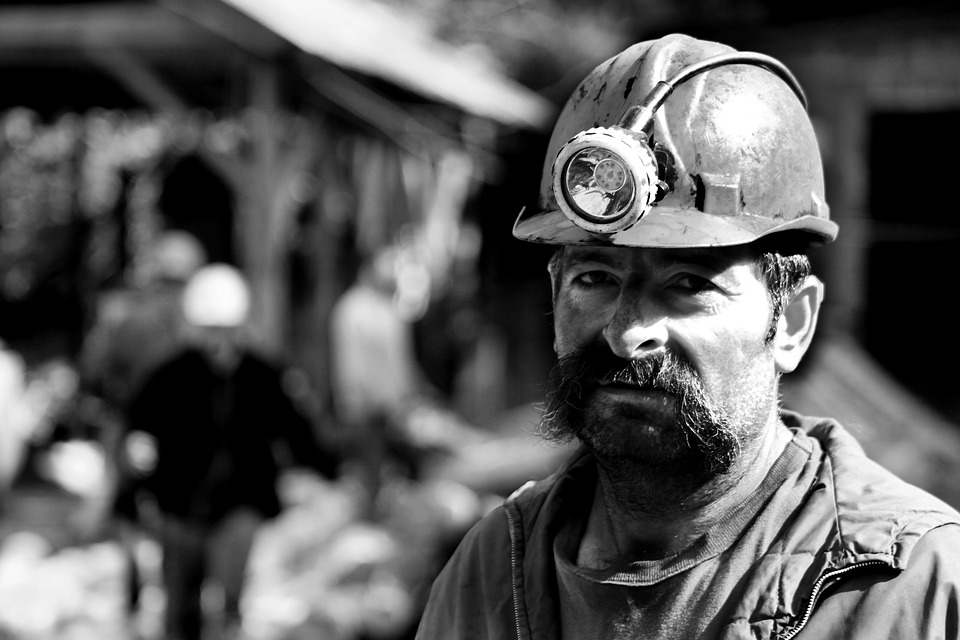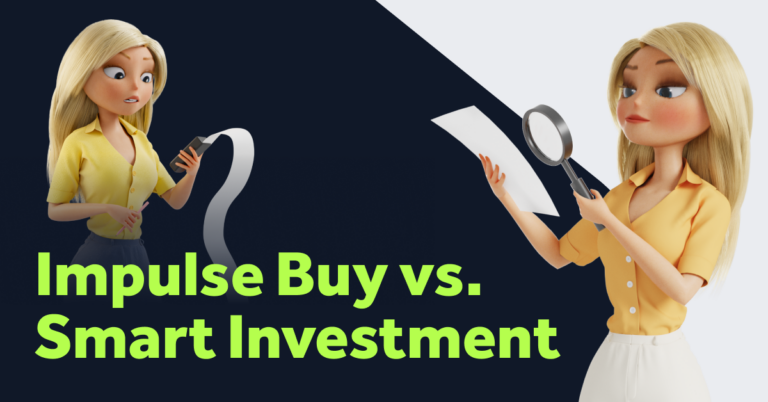When people think of climate change they most often think about the societal effects that the issue is playing in their lives. But there is another, just as important viewpoint to examine climate change from that will play a huge role in determining how the world deals with climate change in the future. As climate change becomes an even bigger issue, its effect on businesses and the financial markets will be seen everywhere from changing consumer demand to a shift in the focus of investing. Understanding this could be the key to the future of the financial markets.

The effect on businesses
Whether they like it or not, businesses are about to undergo a radical shift in the face of climate change. Over the past decade, it has been recommended that businesses begin to make themselves cleaner and help to combat climate change on their own. However, climate change is now becoming a problem that can’t be overlooked, and as such, regulators and consumers alike are beginning to demand that businesses play an active role in combating this issue. Carbon emissions aren’t just an environmental problem, they are an economic one as well. The effects of carbon emissions already cost the United States alone $250 billion per year.
Even if some businesses want to continue their use of CO2, it will become much more expensive to do so, as the price of CO2 and other greenhouse gas emissions are expected to skyrocket with added taxes for their use. Countries like Canada already have taxes of $15-$30 per metric ton of CO2 to help curb businesses off of these resources and offset their use through the tax. This will also come with tighter regulation on energy efficiency and penalties levied against companies who fail to comply with energy efficiency standards.
On the consumer side, businesses producing goods and services which are energy-intensive will find demand for these products dropping steadily. The most obvious of these is the standard combustion engine car, which is already becoming obsolete thanks to electric cars that provide the same utility using significantly less emissions.
Another area ripe for change is conventional meat production, which accounts for a significant amount of greenhouse gas emissions on its own. Consumers are now opting for more meat-replacement products to wean themselves off of meat consumption and lessen their environmental impact. Consumers that continue to eat meat products are becoming more conscious of the source and impact meat has on the environment and are opting for clean, organic meat products.
All of these areas of consumerism will drive change in demand, and therefore, how businesses operate and their product offerings, notes a report from C40 Cities, a consortium of cities working toward combating climate change:
“It is ultimately up to individuals to decide what type of food to eat and how to manage their shopping to avoid household food waste. It is also largely up to individuals to decide how many new items of clothing to buy, whether they should own and drive a private car, and how many personal flights to take.”
This combination of new taxes, regulations, and changing consumer habits, will shift businesses to be more conscious of their climate impact.
Finance
Extreme weather events have turned the financial markets upside down. Huge insurance settlements are becoming the norm for wildfires, tsunamis, and hurricanes. This brings significant risk to financial institutions, who are having a hard time diversifying risk away from these areas and could ultimately be left footing the bill.

This could drastically change areas of the finance industry such as home mortgages, property, and life insurance. Premiums are likely to increase, especially in areas prone to natural disasters. In the United States, legislators are rejecting insurers’ attempts at canceling policies for homeowners who are at a higher risk for wildfires. According to some, no one really knows what’s going on in the industry:
“There’s just the shock of companies waking up to the liability that’s on their books,” said Rex Frazier, president of the Personal Insurance Federation of California, which represents the state’s insurers. “There are a lot of people scrambling to really understand the nature of this catastrophic risk.”
The entire financial system could be at risk. If financial institutions can’t shift risk away from such catastrophic events, there will be huge losses to pay. For example, wildfires in Australia have already generated $297 million in claims to have been lodged in less than two months. These events are also likely to have a cascading effect, causing elevated credit spreads, a spike in commodity prices and greater precautionary spending by consumers, thereby halting economic growth across the board.
In the end, catastrophic weather events and a changing climate could be the impetus for the next financial crisis.
Jobs
For years, traditional energy sources have brought jobs to local economies. Coal mining and oil refineries, among others, have created a living for blue-collar workers around the world. These jobs, while not only dangerous, are dwindling as there is less of a reliance on these sources of energy.

As climate change impacts oceans, fishery jobs are being affected as well. In the United States, fishermen are losing jobs, with up to 16% of fishing jobs in New England being lost as a direct result of climate change.
Europe is not taking these jobs losses lightly. As part of its Green New Deal, the EU plans to retrain workers for new jobs, invest in communities that undergo significant job changes, and even provide monetary buyouts to workers.
While detractors of climate policies claim that too many jobs will be lost, it appears that the job creation from green initiatives could actually create more employment than they eliminate. According to one study, jobs created by wind, water, and solar energy (WWS) will be enormous, while also being more efficient than their predecessors:
WWS creates 28.6 million more long-term, full-time jobs than are lost and needs only 0.17% and 0.48% of land for footprint and space, respectively. Thus, WWS needs less energy, costs less, and creates more jobs than current energy.
Investing
Investors would be wise to foresee the changing climate and its effect on businesses before making investments in the future of the global economy. Fossil fuel companies without any other sources of income are likely to fall in value, while green energy initiatives are best suited to outperform their peers.
Already, there are measurements investors can reference when determining the climate impact of their investments. There is a new movement known as Environmental, Social, and Governance (ESG) investing which takes into account the non-financial factors of an investment to ensure that money is being allocated to companies and projects that provide benefits outside of their profits.
The European Union issued its own guidelines to green investing, claiming that certain sectors of the economy need a huge boost of investment in order to reach the goal of zero carbon emissions by 2050. This 414-page report is being used to provide a framework for businesses to disclose their climate impact to potential investors.
Valdis Dombrovskis, Vice-President responsible for Financial Stability, Financial Services and Capital Markets Union, said: “Today’s new guidelines will help companies to disclose the impact of climate change on their business as well as the impact of their activities on climate and therefore enable investors make more informed investment decisions.”
Private organizations like the Global Impact Investing Network (GIIN) and MCSI are providing investors with resources and tools to determine the climate impact of potential investments on their own.
Certain sectors pushing forward green initiatives and technologies could become the next superpower corporations. Tesla is already known for its electric cars, but the company is also working on sleek solar panels that could become the new norm for residential homes. But it won’t just be new technologies that thrive. Companies like Mars, who is putting $1 billion into sustainable projects and reducing its own emissions, will be areas to invest because of their commitment to building a better planet. The same goes for Unilever, which agreed to eliminate single-use plastic packaging on all of its products in the UK by 2025.
These strategic business moves won’t just help the planet, but also the bottom lines of the companies taking these actions. Being ahead of the curve always pays, and it will also be the case for businesses being proactive in fighting climate change.
Economic power
The current global economy is so reliant on fossil fuels that much is controlled by oil-producing countries. The Organization of Petroleum-Exporting Countries (OPEC) controls the price and supply of oil to their own benefit. This reliance on oil has created wars and massive disagreements on how to handle fossil fuel production.
As the world shifts out of fossil fuels and into more green sources of energy, the reliance on OPEC will start to wither away, and with it, these oil-producing countries will have much less of a hold on the global economy than in decades past. Countries like Sweden, Costa Rica, and Nicaragua who are prioritizing carbon-neutrality could serve as models for all future nations and therefore become leaders in the new economic world order.
A new, clean world of finance
A changing world will not only be limited to the climate. Financial markets and businesses are set to be disrupted whether they like it or not. Adjusting to the new normal of catastrophic weather events, carbon taxes, and changing consumer demand will be a key for financial success.
*As with any investment, your capital is at risk and the investments are not guaranteed. The yield is up to 6.75% p.a. Before deciding to invest, please review our risk statement or consult with a financial advisor if necessary.


